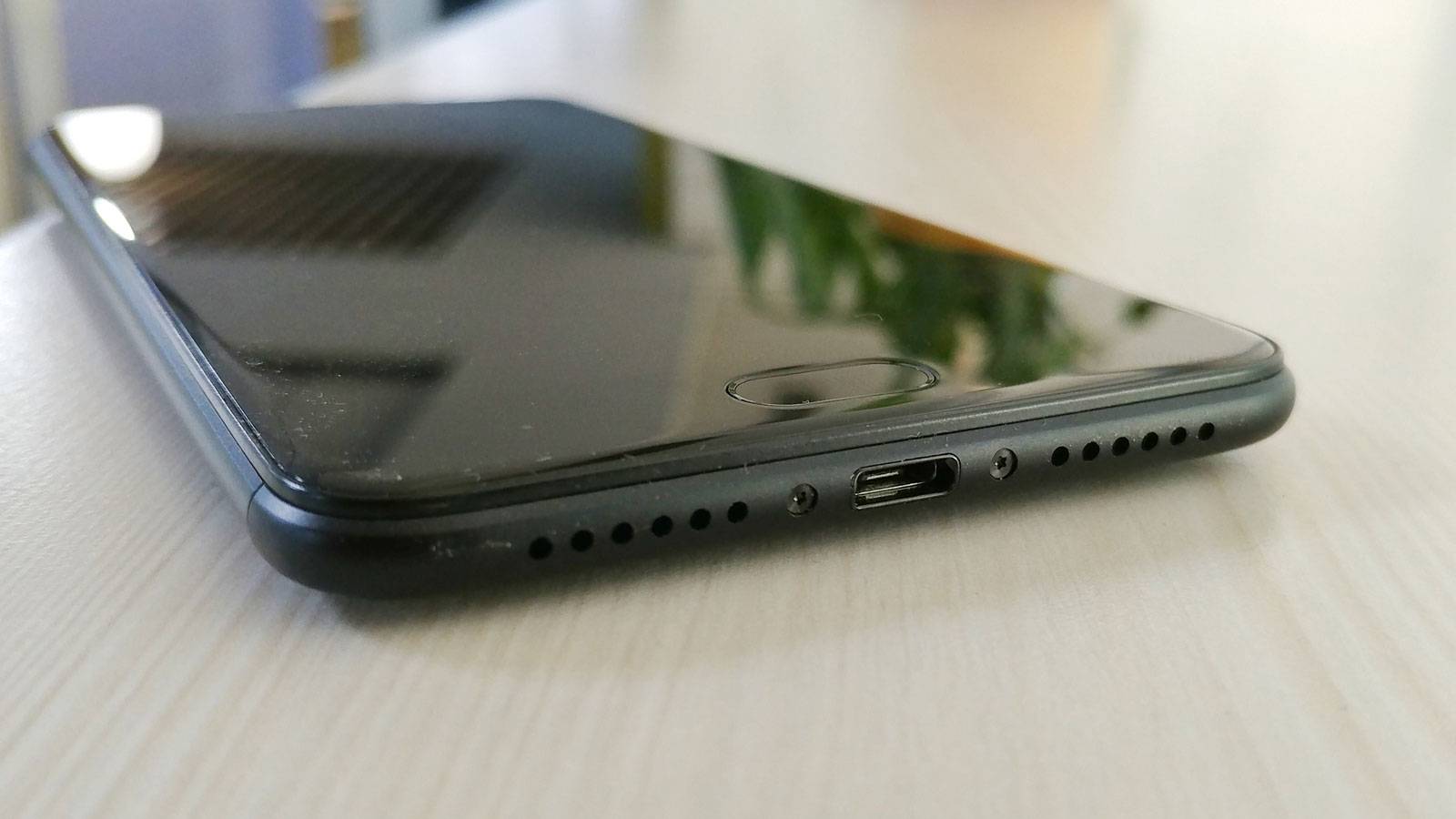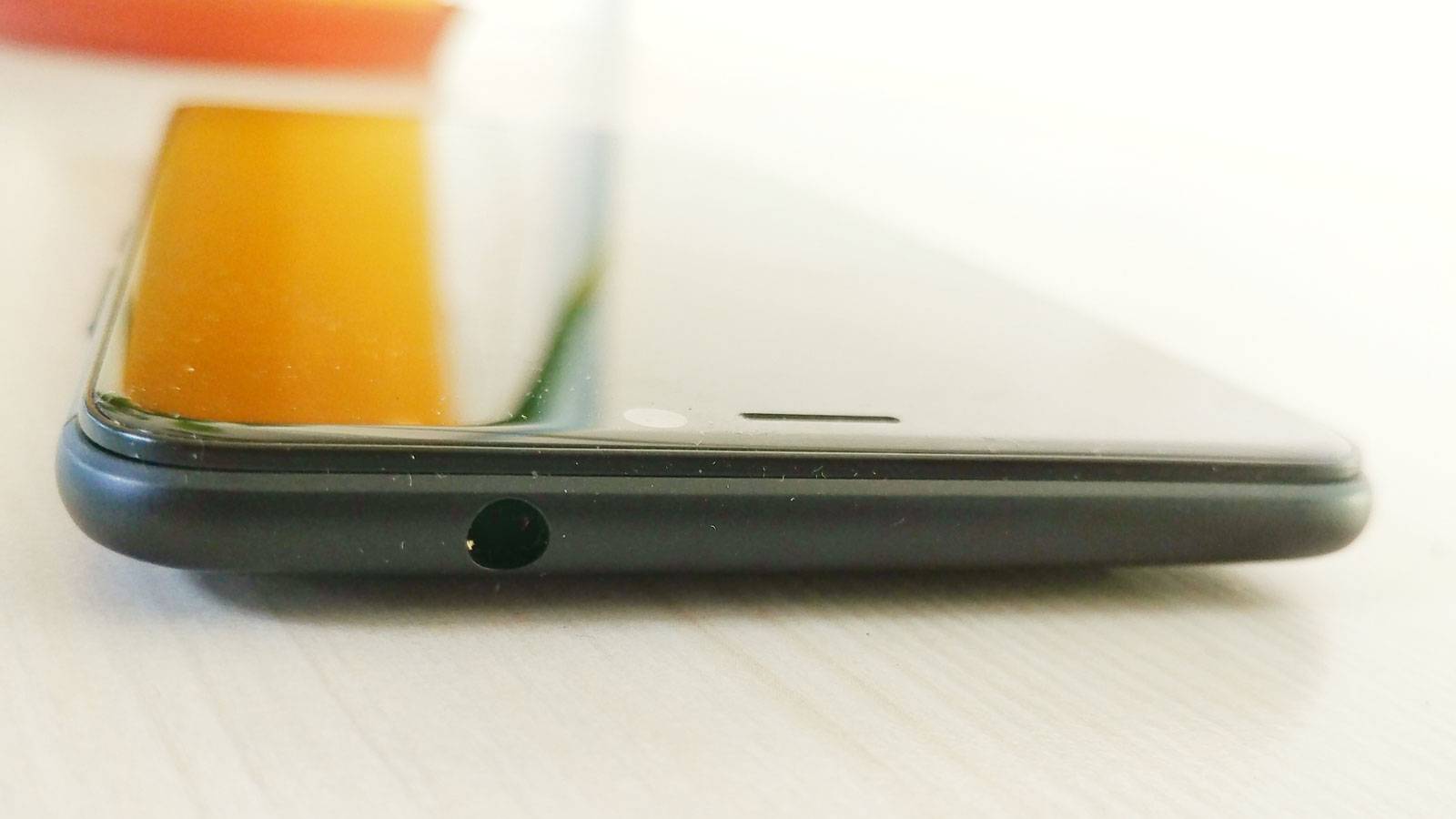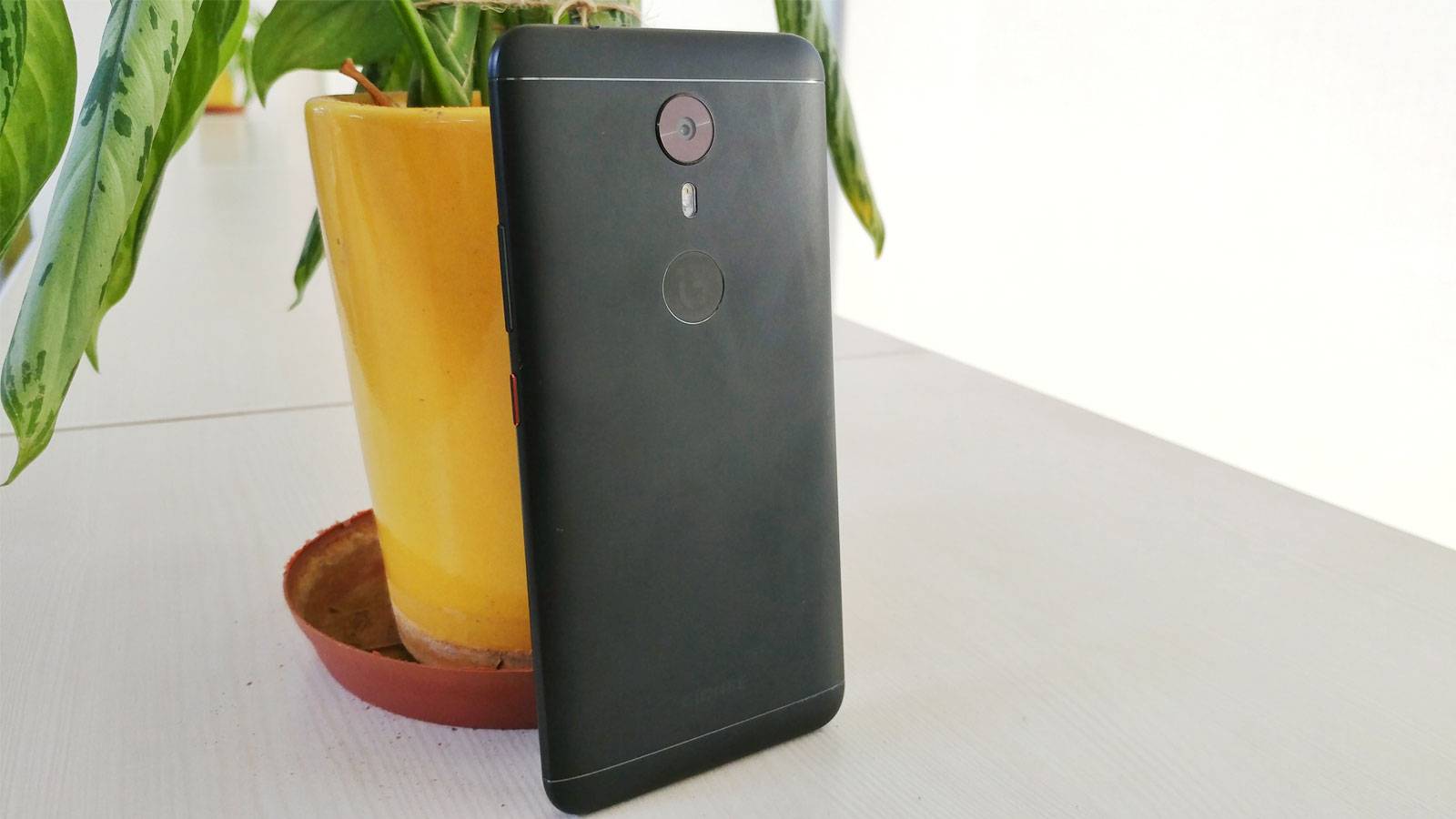TechRadar Verdict
A decent option only if you can't buy online phones, but there are better selfie-centric phones in this price range. If you buy it, buy it for battery, display and Nougat.
Pros
- +
Android Nougat
- +
Good battery life
- +
Impressive display
Cons
- -
Heats up while gaming
- -
Bloatware
- -
Bulky
- -
Average camera
Why you can trust TechRadar
Design 4/5
Features 3.5/5
Performance 3/5
Usability 4/5
Value 3/5
Gionee is one of the most consistent brands in the offline smartphone industry for several years. The company recently unveiled two new smartphones at MWC 2017—Gionee A1 and Gionee A1 Plus. Without much delay, Gionee rolled out the A1 smartphone in India in less than a month’s time. The smartphone costs Rs 19,000 and focuses on selfies and battery with a 16MP selfie camera and a 4010mAh battery.
The A1 targets the offline market and stands against the likes of Vivo V5 and Oppo F1. After almost a month of usage, I have experienced almost every side of the smartphone. Should you buy the Gionee A1 at this price point? Read on to find out.
Design
Gionee A1 is one of those smartphones which do not carry anything striking in the design but still manage to look and feel good in hand. I have been using the matte black variant, which I feel looks much better than other colour variants. The finish looks premium and does not catch fingerprints in usual case scenarios.
The device is slightly bigger and bulkier due to the extra amount of juice it carries inside. But after using it for a week I found it pretty handy for me. But one-handed accessibility for those with tiny hands will be inconvenient.
The smartphone has slight curves on the edges to feel better in hands and the design helps it to fit in hands despite of slightly slippery texture. The power and volume buttons are on the right side and offer a good tactile feedback. There are two speaker grills at the bottom, one for the mic and other is the loudspeaker.
Looking at the overall design, the smartphone qualifies to be rated positively. The only downside is the bulk and size, which you can compromise for a bigger battery.
Display
It offers a 5.5-inch full HD AMOLED panel, which definitely is one of the strengths of the device. The AMOLED panel with 1080p resolution produces punchy colours, strong contrast, and delivers a pleasant experience.

The UI offers three different colour profiles in the display settings—warm, neutral and cool. You can choose the one most suitable for your eyes. Although I prefer the warm tone, which looks a bit yellowish in the beginning but its comforting once you get used to it.
If you consider this display for multimedia experience, its highly possible that you'll be happy with it.
Camera
Being a selfie-centric smartphone, I expected a lot from the Gionee A1 in terms of camera; especially the front camera. It comes with a 13MP rear camera and a 16 MP front camera. The front camera looks solid on paper but I felt it was not as good as it should be. At least, to keep up with the company's 'Selfistan' drive. I don't rate the camera as bad, but it should have been better in terms of.

It captures great details in well lit conditions but the optimisation is slightly inconsistent. It uses beautify mode to tweak with your selfies to make them look better. In low light, the flash worked well in most of the conditions but the pictures tend to lose details in such conditions. I compared the front camera with other offline selfie-centric phones, and it fell slightly short in some areas.
Surprisingly, the 13MP rear camera performs much better than the expectations. I clicked a lot of pictures in each lighting scenario and got impressive results. By impressive I mean, the daylight shots showed decent details with well saturated colours and I managed to click some impressive shots in low light as well. The AMOLED display aids the pictures to look even more striking, but results on bigger screens may differ sometimes.
Battery, connectivity
The Gionee A1 does a great job when it comes to battery life. It is powered by a 4010mAh battery that is not just heavy on paper, but also in real life usage. During basic to moderate usage, the A1 easily delivers more than 42 hours of backup. The fast charging support also ensures that the hefty battery gets fuelled under two hours.

After using the smartphone for a month now, I haven't faced any connectivity or reception issues. The output from the loudspeaker is loud and crisp; it can be heard easily in any corner of a big room but not in a noisy surrounding.
The fingerprint sensor is snappy but it can only be used to unlock the phone and struggles when oily or wet fingers are used.
Performance
The Gionee A1 is powered by MediaTek Helio P10 octa-core SoC along with 4GB of RAM. The processor is certainly not the best one in its segment but Gone has done well by moving on from MT6750, which is available on most other offline phones under 20K.

Coming to the performance, the A1 can satisfy a moderate user with smooth performance. If you use your smartphone aggressively and do multiple tasks at one point of time then it stumbles a bit occasionally. There is 4GB of RAM and 64GB of internal storage to assure smooth functioning for a long period of time
While doing basic operations, I did not feel any unusual heating on the A1 but it does get warm while playing graphic greedy games. I noticed it getting abnormally hot while playing high-end games like Nova 3 on a stretch. It tends to show frame drops when you play high-end games but basic games run butterly smooth.
Software
The A1 comes with Android 7.0 Nougat with Gionee’s custom Amigo 4.0 OS on top. It is a highly customised UI that offers tons of bloatware with revamped visual appeal. Since I am not a fan of heavily customised skins, I prefer installing a custom launcher on top to get a neater experience.
The good thing is that the UI is not unnecessarily filled up with useless apps and features and Gionee has kept things simpler. Most of the integrated features are pretty nifty and useful, unlike many other Chinese OEMs who incorporate every possible feature ignoring its relevance. It has also got some Nougat features to add to your experience with the phone.
It has features like Smart Gesture that let you fasten up your tasks using gestures. These gestures include, double tap to wake, glove mode, smart vibration reminders, auto answer when picked up and some more.
If you love customising your smartphone, then this UI can be pretty suitable for your needs. The only concern is with the bloatware that Goinee includes in most of its phones. The company should provide an option to uninstall these apps by choice.
Verdict
The Gionee A1 is a good option for offline buyers under Rs 20k who are looking for a complete phone with good battery life. I would not recommend this phone to aggressive users as it may slow down a bit with time. The design and build, battery, display and camera fare well enough. The biggest issue is the heating problem, which may upset some demanding users. Presence of Android Nougat is worth the praise although it is not close to stock at all.

If you do not have an option to go for an online smartphone, then you can undoubtedly consider the Gionee A1 for you if battery is your concern.
Sudhanshu Singh have been working in tech journalism as a reporter, writer, editor, and reviewer for over 5 years. He has reviewed hundreds of products ranging across categories and have also written opinions, guides, feature articles, news, and analysis. Ditching the norm of armchair journalism in tech media, Sudhanshu dug deep into how emerging products and services affect actual users, and what marks they leave on our cultural landscape. His areas of expertise along with writing and editing include content strategy, daily operations, product and team management.

